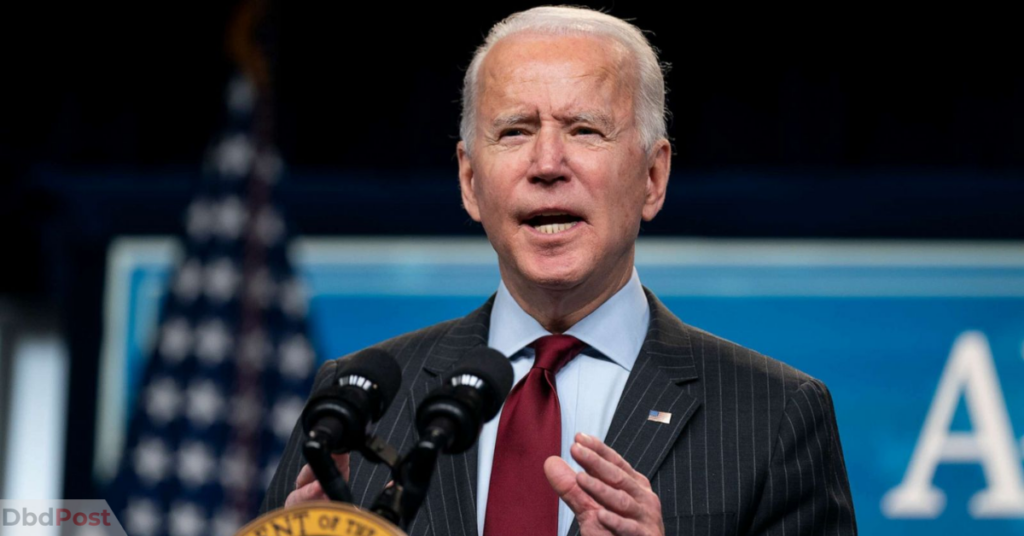The United States Small Business Administration (SBA) continues to make strides for small businesses. Under Administrator Isabel Casillas Guzman, the agency achieved historic results in fiscal year 2024.
Federal contracting for small businesses reached record-breaking levels, with over $183 billion awarded.
This amount represents 28.8% of all federal contracting dollars, surpassing the federal government’s 23% goal and the $178 billion awarded in FY23.
These achievements mark four consecutive years of growth under the Biden-Harris Administration.
“While there is more work to be done, the SBA celebrates record levels of small business contracting,” Administrator Guzman stated.
These results reflect a commitment to creating opportunities for entrepreneurs across the country.
Breaking Down the Numbers
The FY24 data reveal notable growth in key categories. Small, disadvantaged businesses received $78.1 billion, a new record that exceeds the $76.24 billion awarded in FY23.
Women-owned small businesses secured $31.68 billion, representing 4.97% of total federal contracting dollars, an increase from FY23’s 4.91%.
Service-disabled veteran-owned small businesses also hit a historic high, with $32.82 billion awarded.
The HUBZone program provided $17.45 billion in contracts, representing 2.74% of total contracts, slightly below FY23’s 2.78%.
Despite the slight decline, the program supports businesses in underserved areas.
Minority-owned businesses also saw progress. Native American-owned businesses led the way with $25.34 billion, or 3.98% of total contracting dollars.
Hispanic American-owned companies experienced an increase to $11.88 billion, or 1.87%.
Asian American-owned businesses secured $8.55 billion, or 1.34% of contracts, while Subcontinent Asian American businesses received $11.42 billion, representing 1.79%.
These figures demonstrate a growing commitment to diversity and inclusion.
New Tools and Initiatives
The SBA introduced innovative tools to simplify federal contracting. MySBA Certifications, launched in late 2024, is a game-changer.
This platform consolidates multiple certification processes into one streamlined system.
Before MySBA Certifications, businesses had to navigate multiple platforms. The new system eliminates inefficiencies. In one year, it cleared a backlog by certifying 18,219 small businesses, a 40% increase over FY23.
Another tool, GovCon Match, uses a custom algorithm to help businesses identify federal agencies likely to purchase their goods or services. It was developed with the University of Virginia’s School of Data Science.
This innovation connects small businesses with relevant contracting opportunities.
The SBA also expanded its training programs. The Empower to Grow Program combines in-person and virtual coaching.
It supports disadvantaged small businesses and Veteran-Owned 8(a) firms navigating the federal marketplace.
These efforts enhance access to federal contracts. They also equip businesses with practical tools to compete effectively, giving entrepreneurs better chances to secure contracts and grow their companies.
Pushing Forward
The SBA set ambitious goals for FY25. It aims to award 15% of all contracting dollars to small, disadvantaged businesses.
It aligns with President Biden’s vision for equity and inclusion.
Regulatory updates will help achieve this goal. Proposed changes aim to increase small business participation in multiple-award contracts, and updates to the HUBZone program will further enhance business opportunities in underserved areas.
Administrator Guzman’s leadership has been instrumental. The SBA now disaggregates data across racial and ethnic lines, promoting accountability and providing insights into the impact of federal contracting.
These advancements reflect the administration’s dedication to small businesses. By modernizing processes and increasing transparency, the SBA fosters entrepreneurship and ensures more businesses can thrive in the federal marketplace.
Local enterprises continue to be the foundation of the U.S. economy. Federal contracting opportunities empower these businesses to grow and create jobs.
With continued support, they will drive economic progress for years to come.
- 107shares
- Facebook Messenger
About the author
Dennis Fort is a Certified Financial Accountant (CFA), Certified Financial Planner (CFP), and Certified Public Accountant (CPA) with a Master's in Business Administration from the University of Pennsylvania. He has extensive experience providing expert financial advice to individuals and businesses, helping them achieve their goals with smart investments, budgeting, and long-term planning. Dennis is passionate about helping people make the most of their finances.





